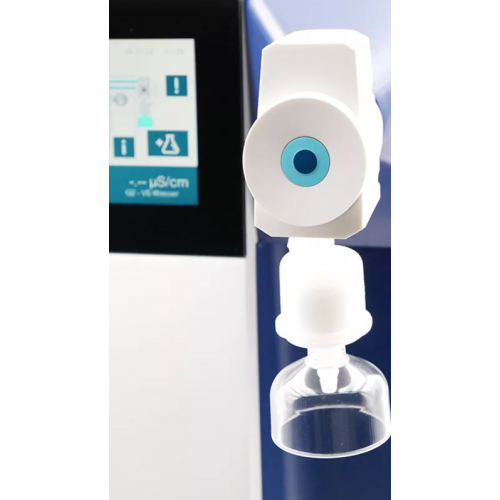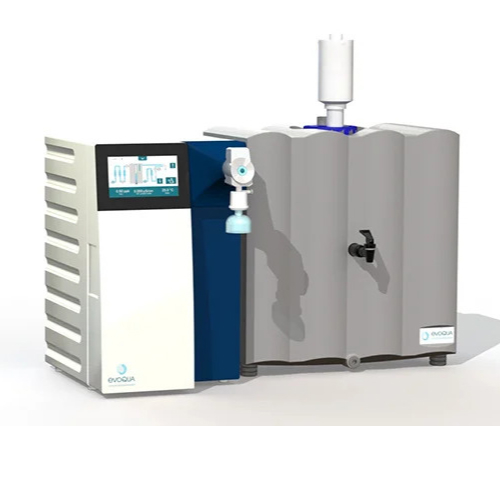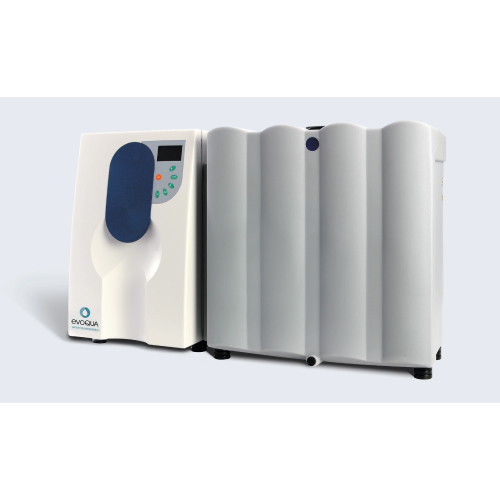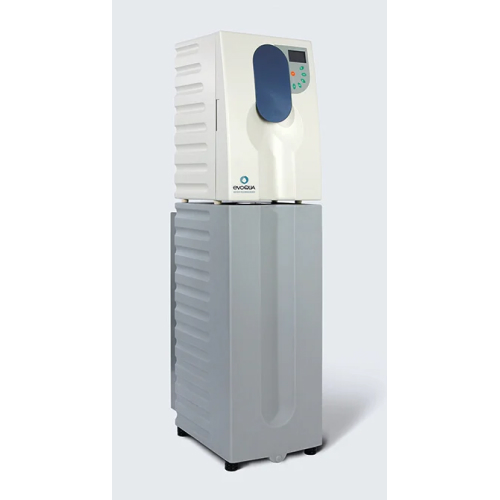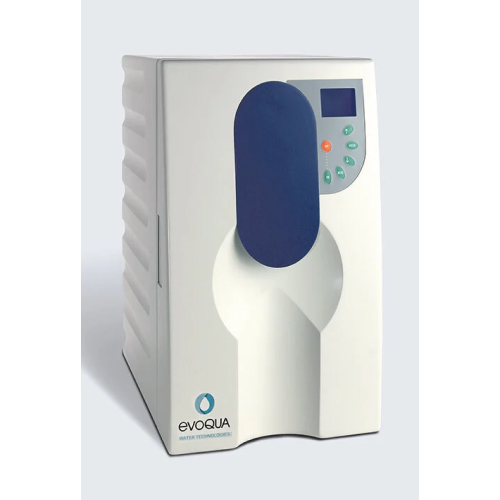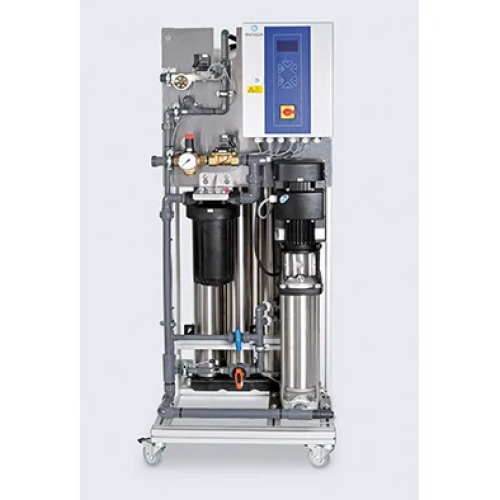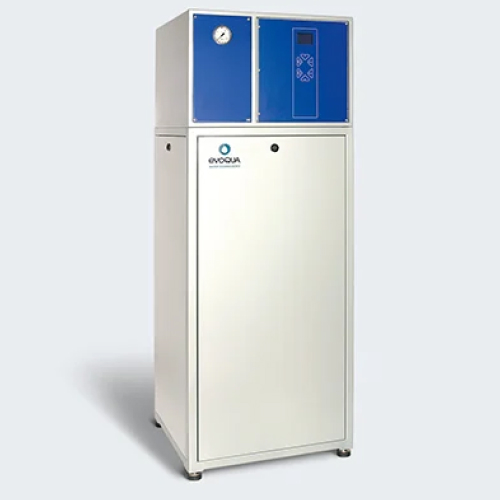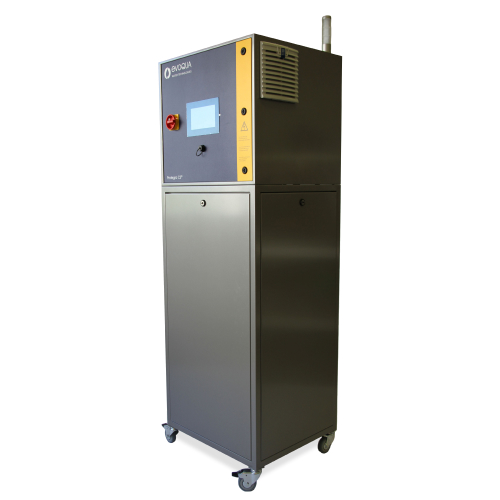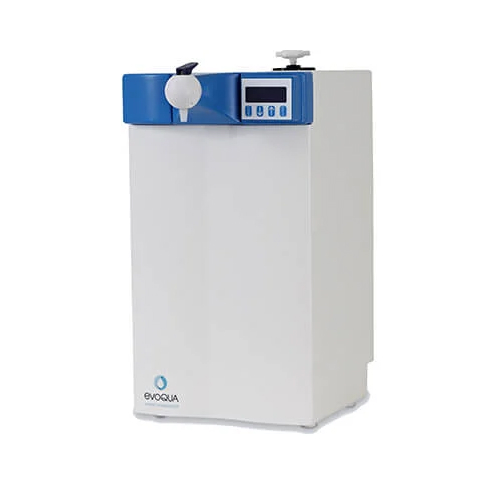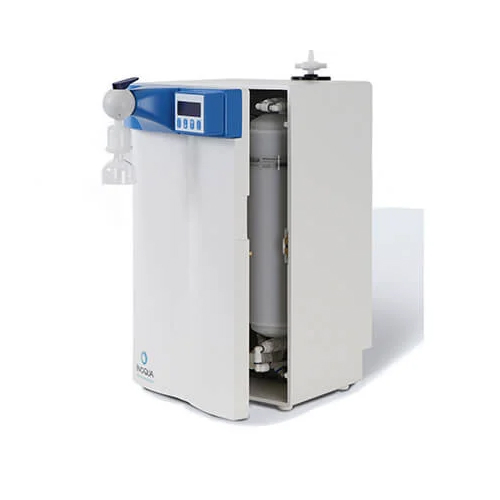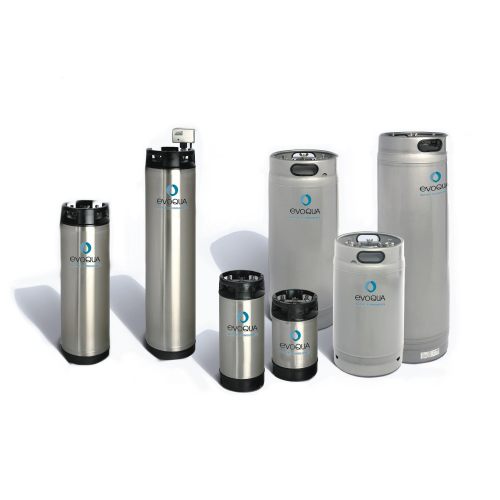Deionized water systems
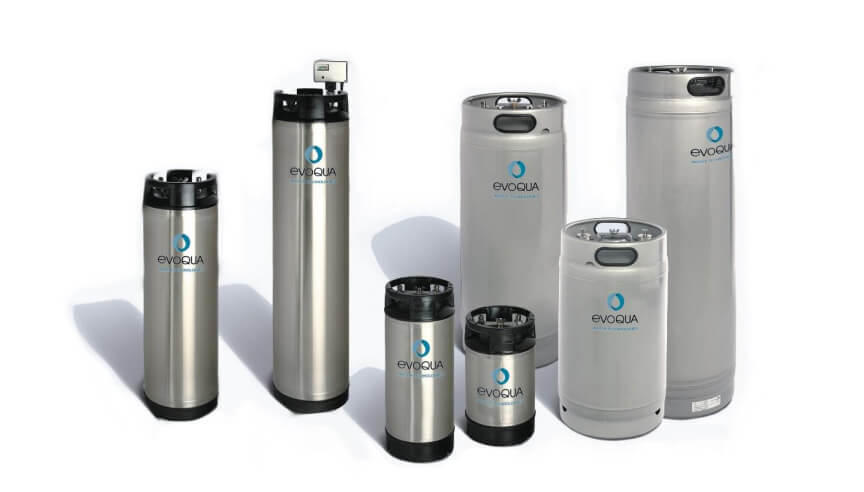
Deionized water systems, often abbreviated as DI water systems, are commonly used in laboratories to produce high-purity water by removing ions and impurities. These systems are essential for various laboratory applications that require water with minimal ion and particulate content. Deionized water is often used in experiments, equipment maintenance, and general laboratory operations. Here’s an overview of deionized water systems for laboratories:
1. Production Process:
- Deionized water systems typically use a combination of ion exchange resins to remove ions from water. The process involves two main types of resins: cation exchange resin and anion exchange resin.
- Cation Exchange: This resin removes positively charged ions (cations) such as calcium, magnesium, and sodium ions. The resin exchanges these cations for hydrogen ions.
- Anion Exchange: This resin removes negatively charged ions (anions) such as chloride, sulfate, and bicarbonate ions. The resin exchanges these anions for hydroxide ions.
- The water passes through both cation and anion exchange columns to effectively remove both types of ions, resulting in deionized water.
2. System Components:
A typical deionized water system includes the following components:
- Pre-Treatment: This stage often involves a series of filters to remove larger particles, sediment, and chlorine. Pre-treatment helps protect the ion exchange resins from fouling.
- Cation Exchange Column: Contains cation exchange resin to remove positively charged ions.
- Anion Exchange Column: Contains anion exchange resin to remove negatively charged ions.
- Mixed Bed Column: Some systems use a mixed bed of both cation and anion exchange resins for a final polishing step to achieve the highest water purity.
- Regeneration Tanks: The ion exchange resins become exhausted after a certain period of use and need regeneration. Regeneration involves passing specific regenerant chemicals through the columns to remove the accumulated ions and restore the resin’s ion-exchanging capacity.
- Quality Monitoring: Deionized water systems often include sensors and meters to monitor the water quality, such as resistivity/conductivity, pH, and total organic carbon (TOC) levels.
3. Applications:
Deionized water systems find applications in a wide range of laboratory activities:
- Analytical Techniques: Deionized water is used to prepare reagents, standards, and solutions for various analytical techniques such as chromatography, spectroscopy, and titration.
- Electronics and Semiconductors: High-purity water is crucial for cleaning and rinsing electronic components during manufacturing processes.
- Cell Culture and Molecular Biology: Deionized water is used for preparing cell culture media, buffers, and reagents in molecular biology experiments.
- Laboratory Equipment: It’s used in equipment that requires water, such as autoclaves, ultrasonic baths, and water baths.
- Chemical Synthesis: Deionized water is used in chemical reactions where impurities can interfere with the reaction or product quality.
4. Advantages:
- High Purity: Deionized water systems produce water with very low ion and impurity content, suitable for sensitive laboratory applications.
- Customization: Systems can be designed to meet specific laboratory needs, with the option for single or multiple stages of ion exchange.
- Cost Savings: Using deionized water systems can be cost-effective compared to purchasing bottled high-purity water over time.
- Reduced Contamination Risk: Deionized water is free from minerals and impurities that can contaminate experiments or damage sensitive equipment.
- Environmental Benefits: Producing deionized water in-house reduces the need for plastic bottles and transportation associated with purchasing bottled water.
In conclusion, deionized water systems are essential tools in laboratories to provide high-purity water for various applications. They play a critical role in ensuring accurate and reliable results in sensitive experiments and maintaining the integrity of laboratory equipment.
Protegra® OF RO System Laboratory systems for water purification, reverse osmosis and deionization
Ultrapure water for the laboratory UltraClear RO EDI System Evoqua
Evoqua’s Ultra Clear TP ED Ultra Pure Water System for all Your Laboratory Needs
RO EDI Lab Water System Protegra CS Pro

